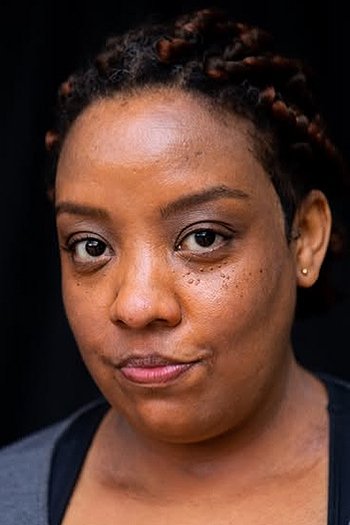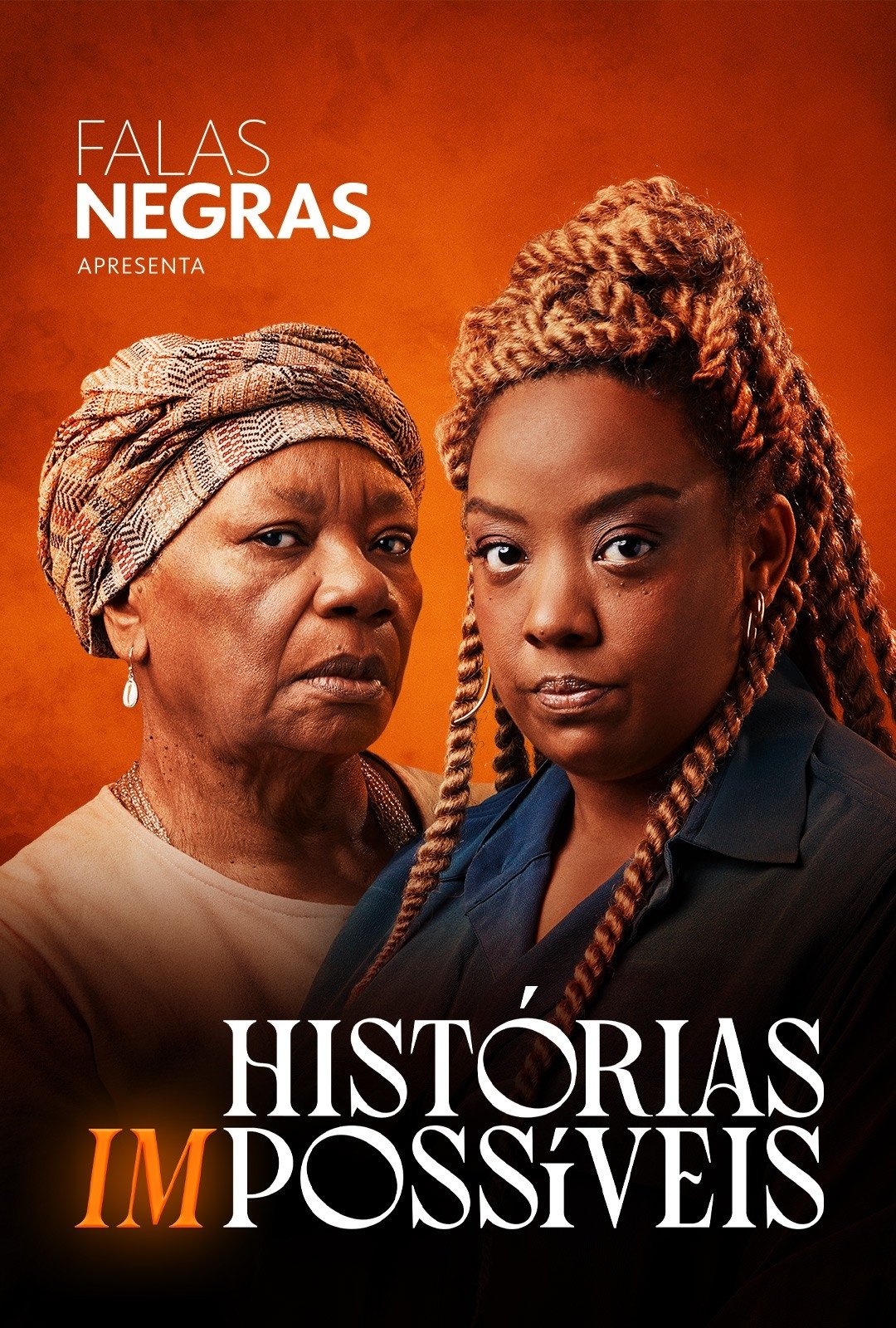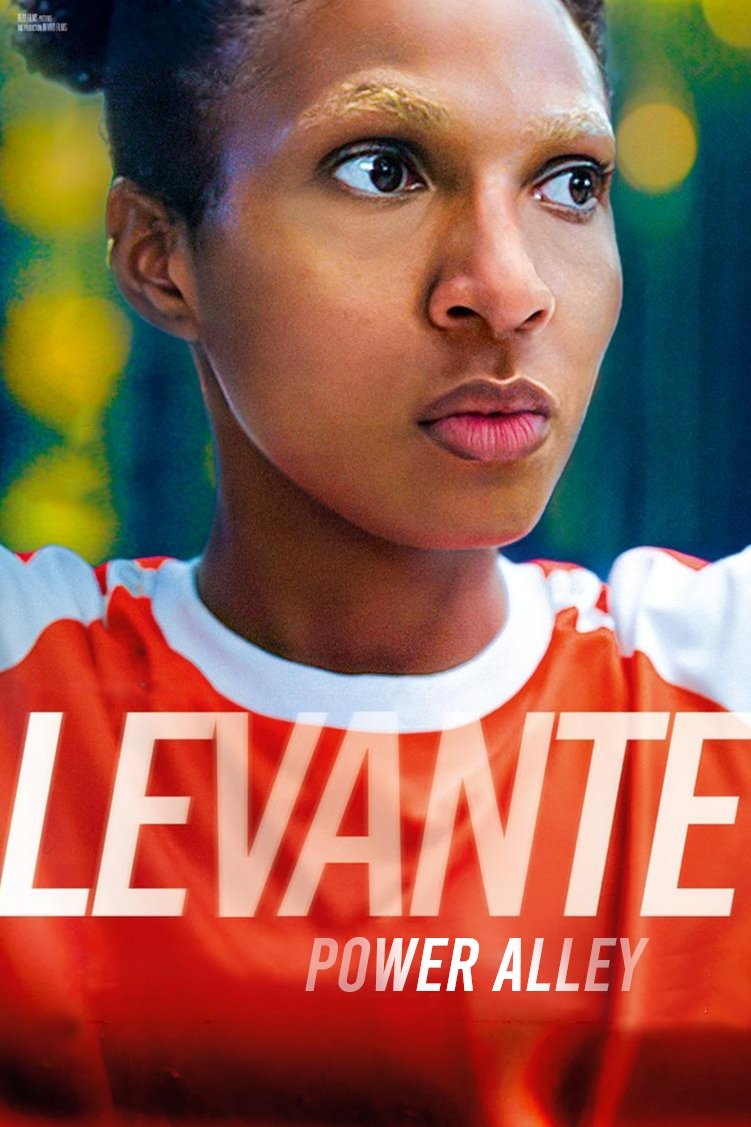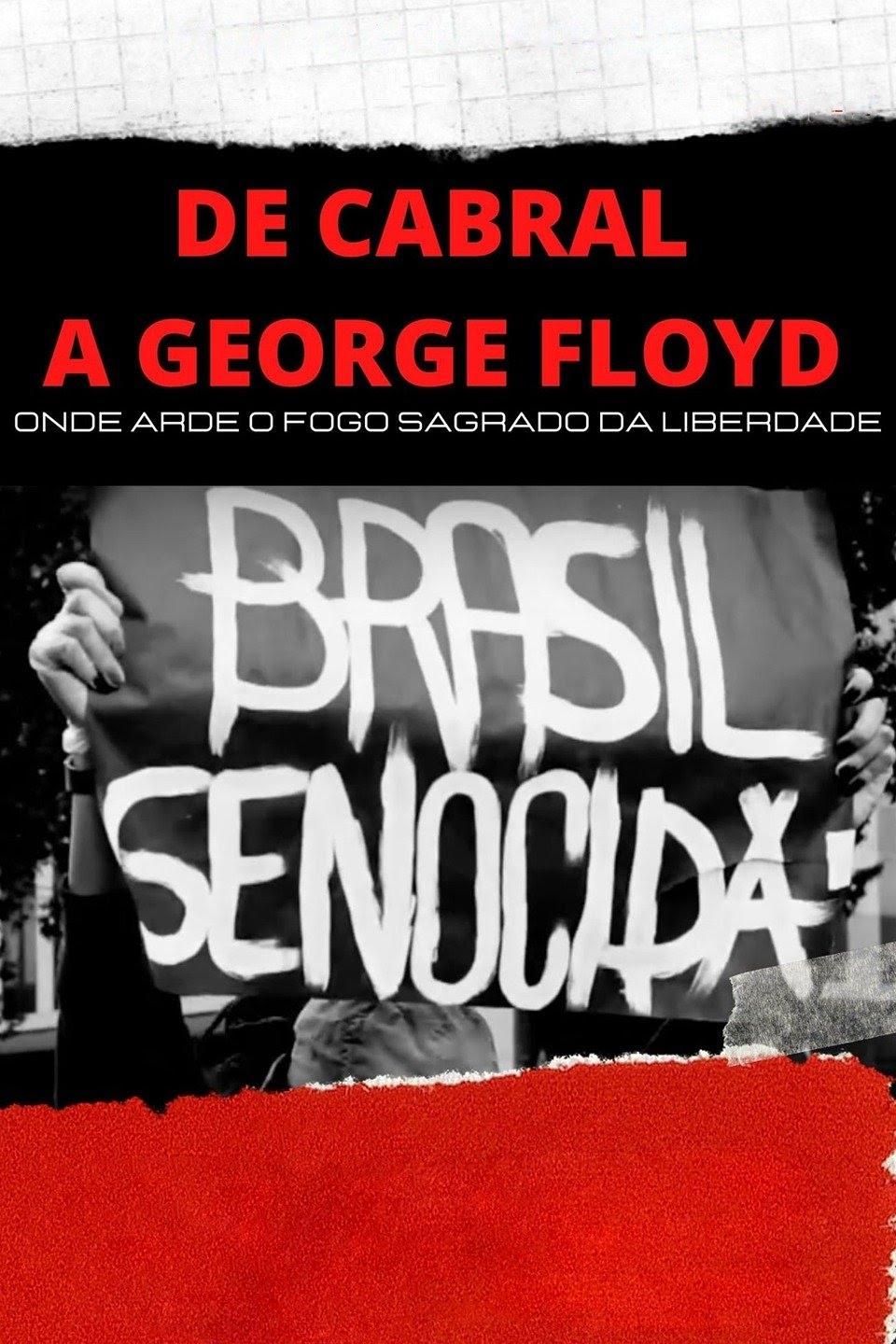

Grace Anne Paes de Souza, known as Grace Passô (Belo Horizonte, May 20, 1980), is a Brazilian actress, director, screenwriter and playwright graduated from the Clóvis Salgado Foundation Technological Artistic Training Center, in Belo Horizonte, Minas Gerais. In cinema, she acted in films such as "Elon Don't Believe in Death" (Ricardo Alves Júnior), "Praça Paris" (Lúcia Murat), "No Coração do Mundo" (Plastic Films - Gabriel Martins and Maurílio Martins), "Tempoarada" (Plastic Films - André de Novais Oliveira) and "Vaga Carne" (Grace Passô and Ricardo Alves Júnior), winning numerous awards.

Janaína is a black screenwriter embarking on a new audiovisual...

On the eve of a future-defining championship, promising 17-year-old volleyball...

Through clippings, the film draws a narrative line between the...